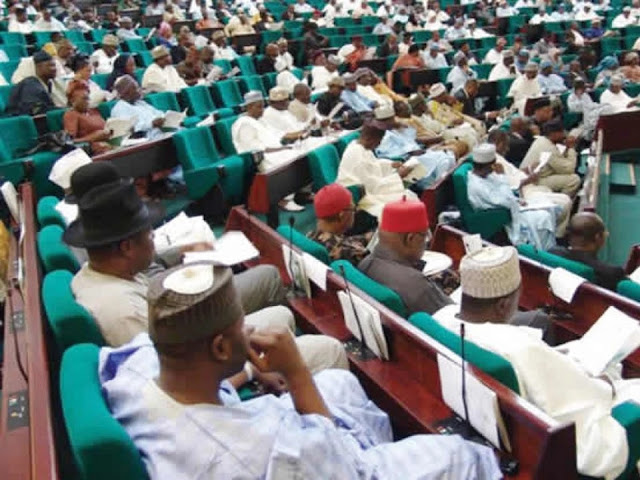A bill on this is currently before the House, seeking to criminalise the late payment of salaries, wages and pension by employers to their employees.
The bill, sponsored and promoted by the House leader, Hon. Femi Gbajabiamila (APC, Lagos), provides that every employer of labour must ensure that all payment of wages, salaries and pension are made promptly as and when due.
The bill which was slated for debate on its general principle was, however, withdrawn for further consultation and adjustment to some of its clauses after Gbajabiamila led the debate on it.
Before the withdrawal, the sponsor had argued that based on the provisions of the bill, an employer would be prohibited from deducting any amount from employee’s salaries except for the benefit of the employee.
The bill which stirred some level of controversy also provides that any organisation that defaults in payment of wages between one and seven days after the end of a month into a new month shall pay the employee additional 10 percent of one month wage; 8 to 30 days, 20 percent; 30 to 60 days, 30 percent and 60 days and above will be 30 percent and one month imprisonment of the employer.
“We cannot say we’re fighting corruption, meanwhile we don’t pay employees to stay alive. Of course, they can engage in acts of corruption. It can lead to non-payment of school fees, non-access to healthcare and other things. It can also breed criminality. In the most extreme cases, people commit suicide for lack of salary,” he said.
However, Hon. Linus Okorie (PDP, Ebonyi), countered the argument via a constitutional point of order, citing Section 16 (2) (d), which he said takes care of the proposed legislation.
Similarly, the chairman of the Committee on Rules and Business, Hon. Emmanuel Orker-Jev (APC, Benue), said Gbajabiamila could only come by way of an amendment to the National Minimum Wage Act instead of a new bill.
On his part, Hon. Edward Pwajok (PDP, Plateau), who was recently awarded the Bar rank of the Senior Advocate of Nigeria (SAN), argued that the bill was discriminatory in nature as it only provides for punishment for the private sector without the public sector.
He said there might be situations where the late payment may not be intentional; hence sending the employer to prison in such case might be a wrong step.
In view of the argument, Speaker Dogara advised Gbajabiamila to step the bill down and “rejig it” in order to take care of all the concerns raised.
Consequently, the House leader withdrew the bill and promised to consult widely and fine-tune it for future presentation.
Independent















No comments :
Post a Comment